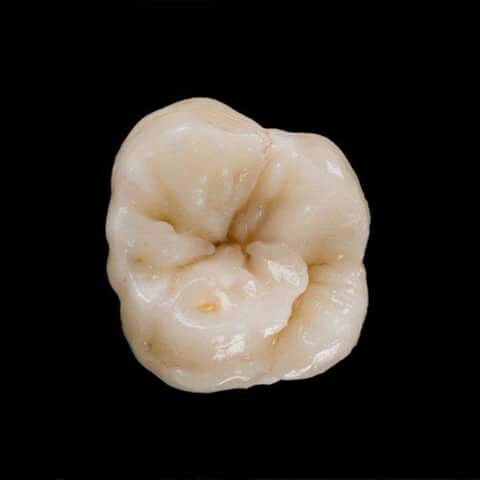When tooth extraction is necessary?

Extraction is probably the most dreadful dental procedure in public view. In modern conservative dentistry, dentists are now doing way less tooth extraction than they used to be 20 years ago. Thanks to the advancement in technology and dental material, many teeth can be saved from being extracted.
“Nothing looks, feels or functions like your natural tooth“
However, there are times when a tooth extraction is unavoidable. There are several common reasons why a tooth need to be removed :
- Unrestorable tooth decay
- Severe abscess or swelling
- Excessive mobility
- Extra tooth (supernumerary)
- Before braces (severe crowding)
- Wisdom tooth
- Before radiation therapy and etc.
How it is done ?
It is very rare that modern tooth extraction involves pain. First, our dentist will apply a topical numbing gel on the gum before the local anesthetic injection. Painless injection can reduce stress and anxiety. Once the gum and tooth is fully numbed, our dentist will loosened the tooth with specialized instruments and gently wiggle it out without excessive damage to adjacent bone and gum.
Atraumatic extraction is crucial to preserve the bone and gum, especially if future restoration like dental implant is planned. Gone are the days where tooth are extracted by plain muscle power and scary forceps.
What will happen after tooth extraction
You may feel minimal bleeding and mild pain after the local anaesthetic effect wore off. Try to avoid eating or chewing at the extraction site for the first day. Avoid hot food, smoking and drinking using straw. If the blood clot in the socket is lost too early, you might develop dry socket (alveolar osteitis). It can be painful and usually last about 2 week if no treatment was done.
Read more about what to avoid after tooth extraction or surgery here.
The soft tissue generally takes 10 days to healed. The socket slowly becomes narrower and shallower. Food will probably get stuck in the socket until they close over completely. You can rinse with warm salt water to keep it clean. Refrain yourself from attempting to dig out the food using foreign object, as it might damage the new fragile gum and induce bleeding.
It is best to restore the missing space as soon as possible. If left untreated, the adjacent teeth may tilt into the space. Likewise, the opposing tooth may overerupt into the space, making it difficult to restore. The treatment option of replacing a missing tooth includes dental implants, bridge and denture.
Learn more dental tips here.
@ The Smile Dental Lounge 2020. All rights reserved
